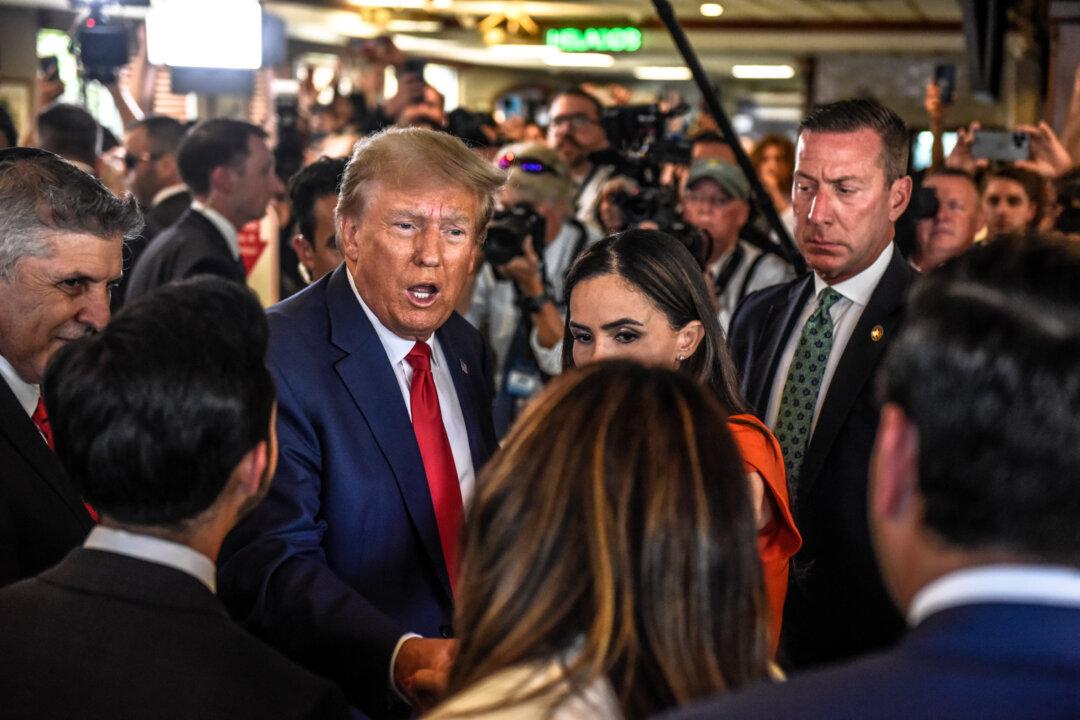The indictment of former President Donald Trump for holding military documents and obstructing the government from taking them is built on a novel legal theory that has multiple weaknesses, according to several lawyers and other experts.
Trump was arraigned and pleaded not guilty to all 37 charges on June 13 and then laid out some details of his defense in a subsequent speech.





